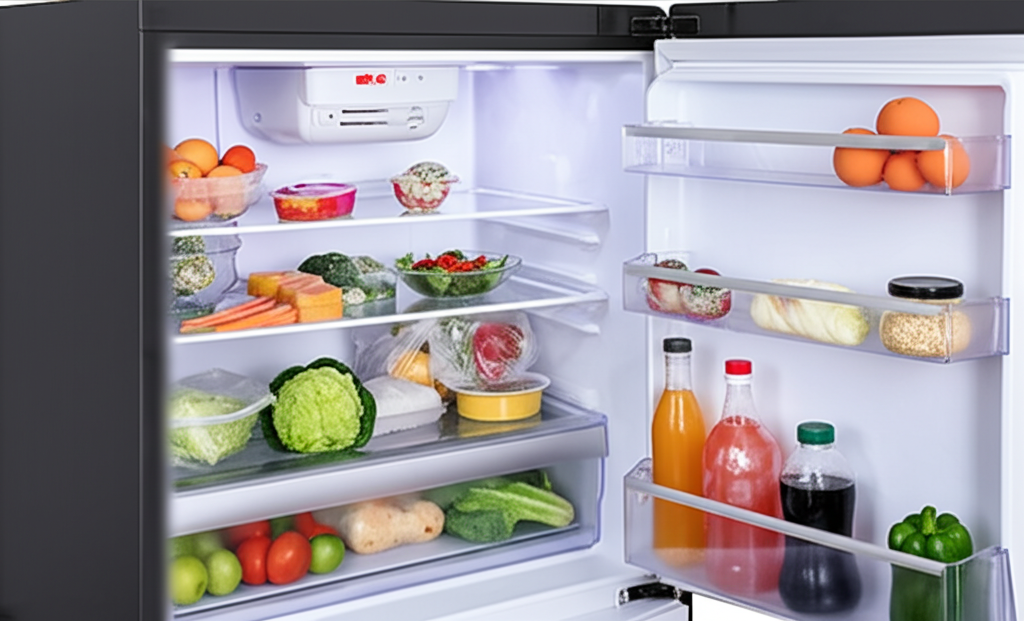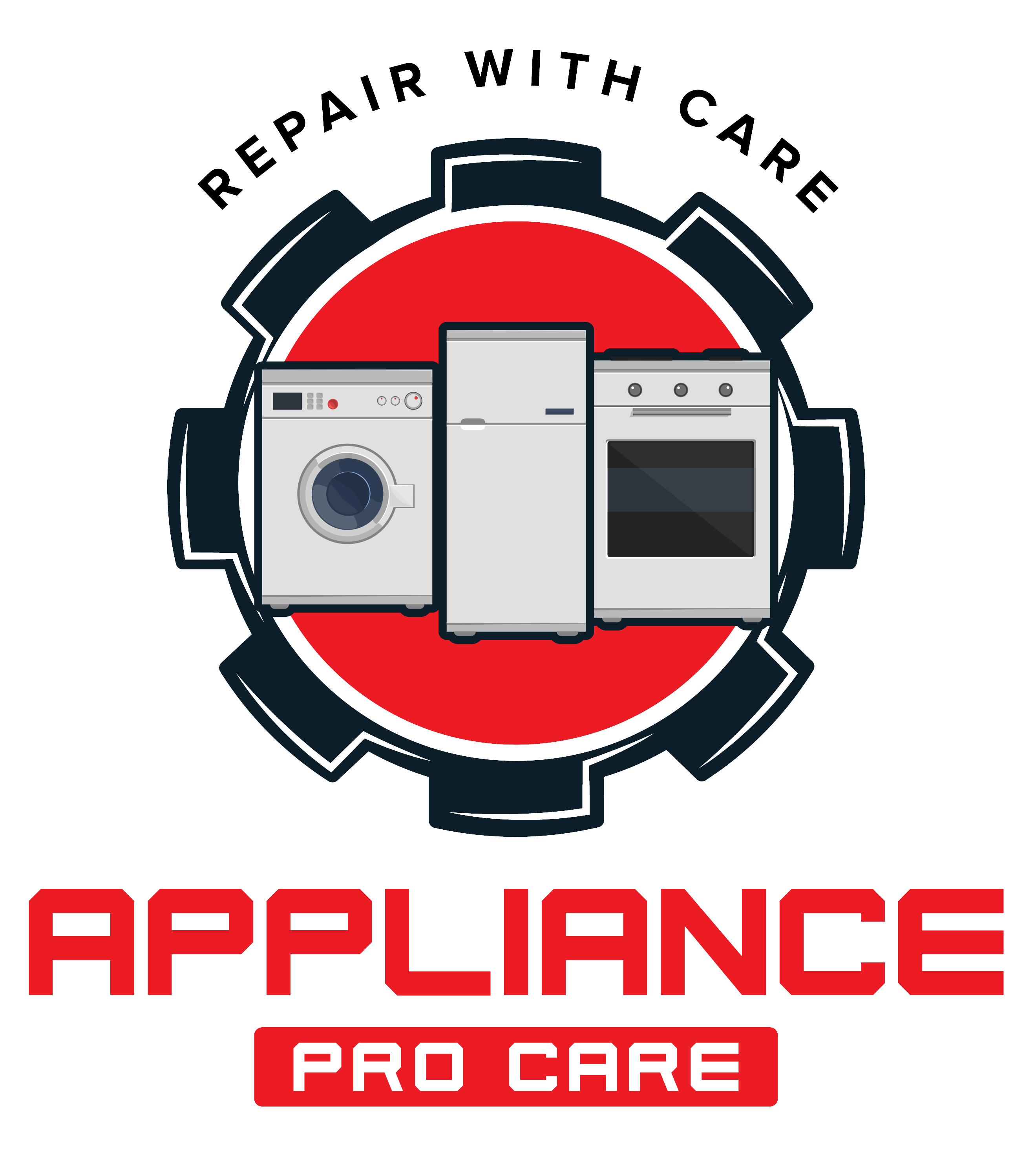
Why Is My Refrigerator Not Cooling?
7 Common Causes & Solutions
A refrigerator that's not cooling properly is more than just an inconvenience—it can lead to food spoilage and costly repairs if not addressed quickly. At Appliance Pro Care, we've diagnosed and fixed thousands of refrigerators throughout Greater Boston and the South Shore, and we've found that most cooling issues stem from a handful of common problems.
1. Dirty Condenser Coils
The most common and easily fixable cause of cooling problems is dirty condenser coils. These coils, usually located at the back or bottom of your refrigerator, release heat from inside the unit. When they're covered with dust, pet hair, or debris, they can't efficiently dissipate heat.
DIY Solution: Unplug your refrigerator and locate the condenser coils. Use a coil brush or vacuum attachment to gently remove dust and debris. For most households, cleaning the coils twice a year is sufficient.
2. Faulty Door Seals
If the rubber gaskets around your refrigerator doors are damaged, dirty, or worn out, cold air can escape, making it difficult for your refrigerator to maintain proper temperature.
DIY Solution: Inspect the door seals for cracks or tears. Clean them with warm, soapy water and dry thoroughly. Test the seal by closing the door on a dollar bill—if you can pull it out easily, the seal may need replacement.
3. Improper Temperature Settings
Sometimes the solution is as simple as adjusting your temperature settings. The ideal refrigerator temperature is between 35-38°F (1.7-3.3°C).
DIY Solution: Check your temperature settings and adjust if necessary. Place a refrigerator thermometer in the center of the middle shelf and monitor for 24 hours to ensure it's maintaining the correct temperature.
4. Blocked Air Vents
Your refrigerator circulates cold air through vents inside the unit. If these vents are blocked by food items, the cold air can't circulate properly.
DIY Solution: Rearrange items in your refrigerator to ensure they're not blocking air vents. Avoid overcrowding, as this can restrict airflow and make your refrigerator work harder.
5. Defrost System Problems
Modern refrigerators have automatic defrost systems to prevent frost buildup. If components like the defrost heater, timer, or thermostat fail, frost can accumulate on the evaporator coils, restricting airflow.
Professional Solution: While some experienced DIYers might tackle this, defrost system repairs typically require professional diagnosis and repair. Our technicians can quickly identify which component has failed and replace it.
6. Compressor Issues
The compressor is the heart of your refrigerator's cooling system. If it's not running properly or has failed completely, your refrigerator won't cool.
Professional Solution: Compressor problems almost always require professional repair. Our technicians can determine if the compressor can be repaired or if replacement is necessary.
7. Refrigerant Leaks
If your refrigerator is low on refrigerant due to a leak, it won't be able to cool properly. This is less common but can happen, especially in older units.
Professional Solution: Refrigerant leaks require professional repair. Our EPA-certified technicians can safely locate and repair leaks, then recharge your system with the correct amount of refrigerant.
When to Call Appliance Pro Care
While some issues can be resolved with DIY solutions, many appliance problems require professional attention.
Our expert technicians are equipped to handle complex repairs that might be unsafe or difficult to address on your own.
Need help? Book your appliance repair today.
Our expert technicians are ready to diagnose and fix your appliance issues quickly and efficiently.
Request Service Now